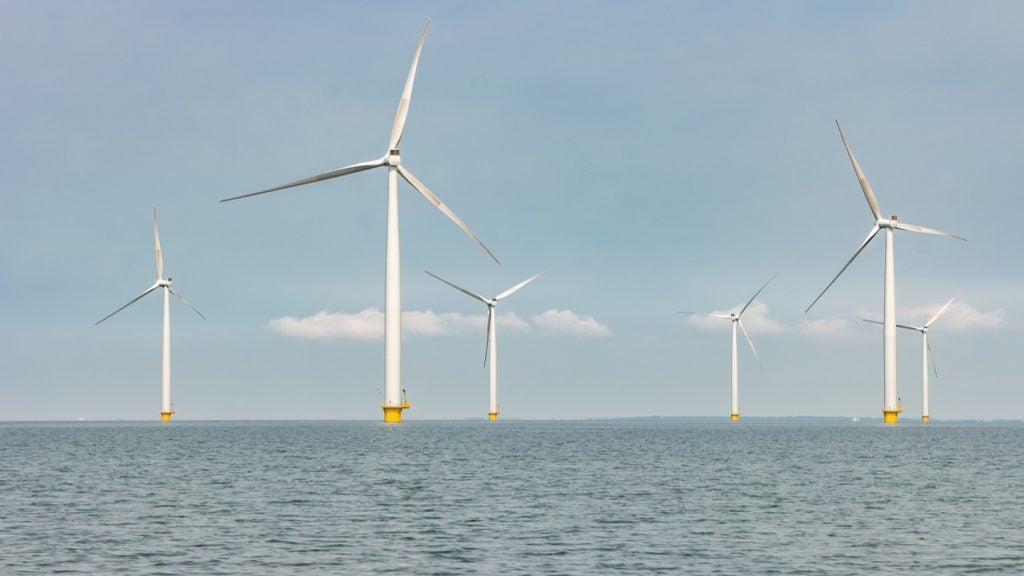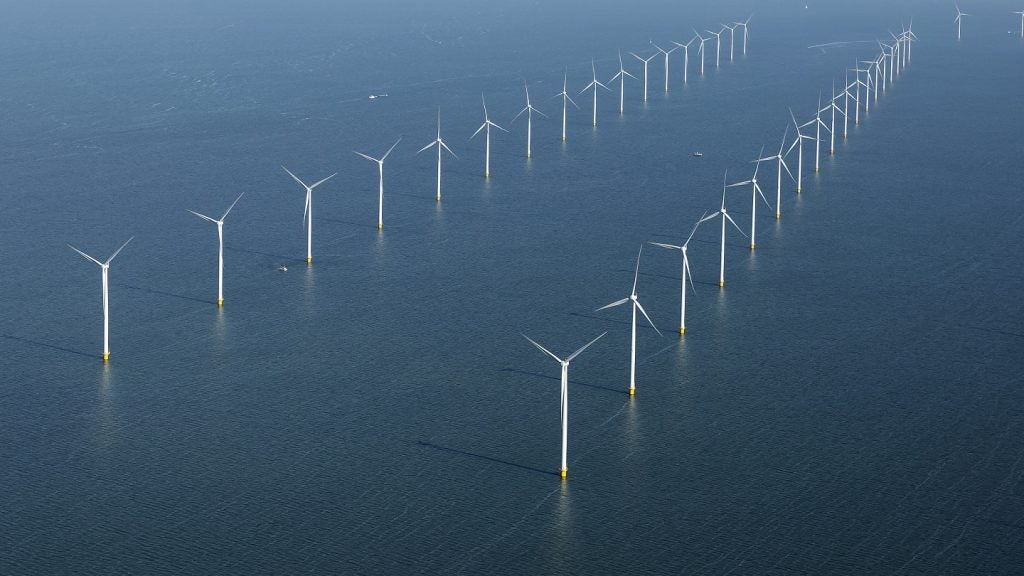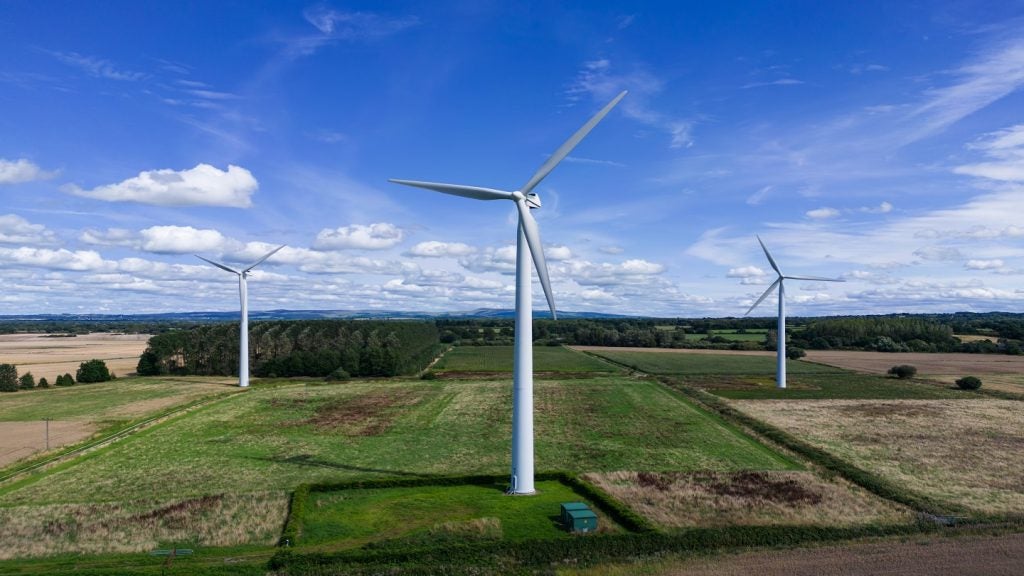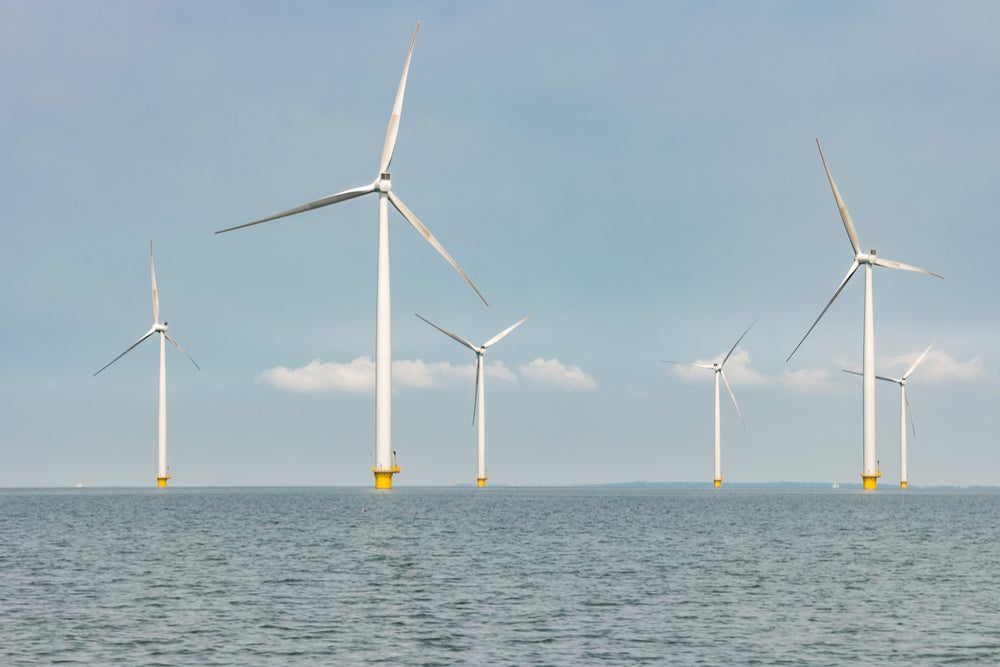On Wednesday (19 June), the WEF released its annual report, Fostering Effective Energy Transition 2024, which details the global progress made in regards to the transition, using the Energy Transition Index (ETI) to rank 120 countries on the performance of their current energy systems and transition-readiness.
The ETI is based on 46 indicators including capital, current performance in sustainability, education, equity and security, human resources, infrastructure and policies creating a transition-ready environment.
According to the report, the global average ETI score hit a record high of 56.5 this year, an increase of 6% since 2015.
The study states that the top ten countries ranking highest in terms of their ETI scores account for only 1% of energy-related CO² emissions, 3% of total global energy supply, 3% of energy demand and 2% of the global population.
Espen Mehlum, WEF’s head of energy transition intelligence and regional acceleration, elaborates on the performance of the top five countries ranking highest for their energy transition scores.
5. France (ETI score: 71.1)
France entered the top five performers this year due to its effective energy efficiency policies, which have resulted in a 12% reduction in energy intensity in 2022 from 2021, according to the report.
“Historically, France has had huge capacity in nuclear power, which helped energy security, but in recent years, what they have been very good at is energy efficiency, and it has taken the right measures to respond to the energy crisis of recent years,” Mehlum says.
“The country has created programmes for energy efficiency that specifically targets low-income households, actually delivering for those who need it most.”
4. Switzerland (ETI score: 73.4)
Regulation and political commitment are direct enablers for the energy transition, and thus a significant indicator of the ETI. According to the study, Switzerland, Luxembourg and Denmark ranked as the top performers in this category this year.
“Switzerland sits at the intersection of big European countries, bordering with Germany, France, Italy and Austria. So its energy system is highly interconnected with Europe, which it benefits from,” Mehlum explains.
“It also has extensive hydropower resources that allow them to have a fairly clean energy mix,” he adds. “There is still some room for improvement, but the country is working on expanding solar and wind power, a good sign.”
Switzerland also placed in the top five in the sustainability category, along with Albania, Costa Rica, Paraguay and Sweden.
3. Finland (ETI score: 74.5)
Finland “benefits greatly” from being part of the Nordic power market, which has allowed Nordic countries to improve their energy security, Mehlum says.
“The country has also invested quite heavily in nuclear recently, a decision that was controversial some years ago but has paid off very well because it allowed the country to withstand the energy crisis we saw in Europe and worldwide a couple of years ago,” he adds.
“Finland’s ranking reflects the country being able to improve its energy security, have reliable energy and be quite energy efficient.”
The report also found that Finland placed second, following China, in having allocated the largest share of the country’s gross domestic product towards investment in renewables this year.
2. Denmark (ETI score: 75.2)
“Denmark has been a global pioneer in the wind industry, building a strong foundation with companies such as Vestas and Ørsted,” Mehlum details, “but they also have diversified beyond wind.”
“It used to have more oil production and still has some, but the country is successfully phasing that out right now and has not only become a powerhouse for renewables globally but has a very high share of renewables in their domestic electricity mix. Denmark has proven that it is possible to run almost 24/7 on renewables.”
He adds that, like Finland, Denmark benefits from the Nordic power market, as well as its interconnectivity with electricity markets in Europe.
Along with Switzerland, Denmark was also a top performer in demonstrating a strong enabling regulatory environment to accelerate the energy transition, which Mehlum confirms contributed to its ranking.
1. Sweden (ETI score: 78.4)
Sweden’s leading position reflects its energy efficiency performance, accompanied by different policies such as its carbon pricing mechanism, that it has successfully incorporated for a number of years, says Mehlum.
“Sweden has been going through a very long journey of transformation, starting all the way back in the 1970s when it was very fossil fuel dependent, hit hard by the oil crisis in the US. Since then, it has really diversified its energy mix, investing a lot in nuclear and renewables.”
Sweden, parallel to its Nordic counterparts, is also interconnected with the Nordic and European electricity markets, “through which it optimised its energy system by coordinating with different countries and increased its energy security”.
Alongside Switzerland, Sweden also led the sustainability dimension charts for 2024.















